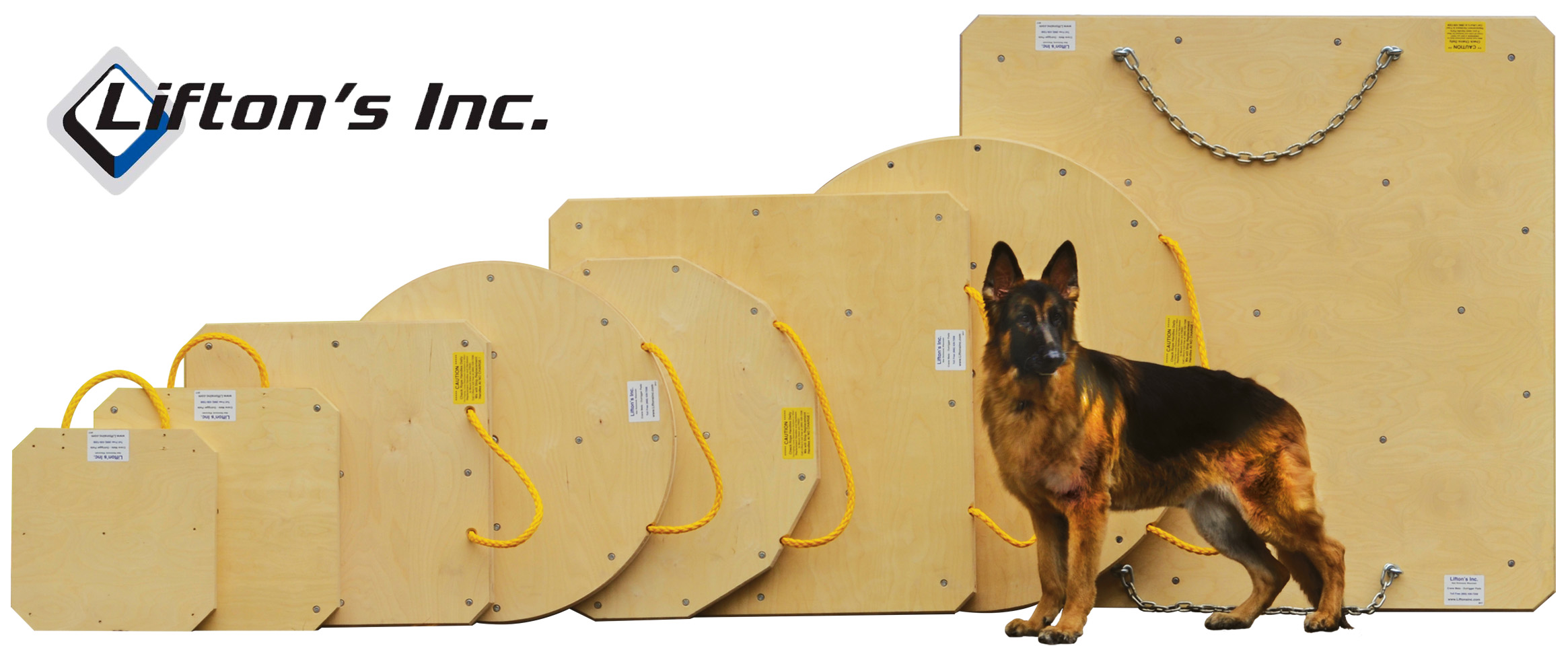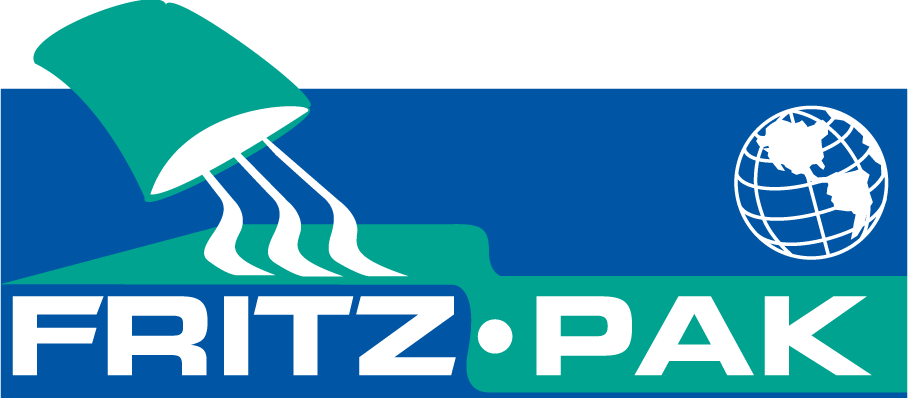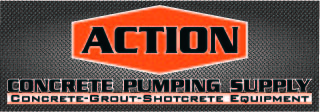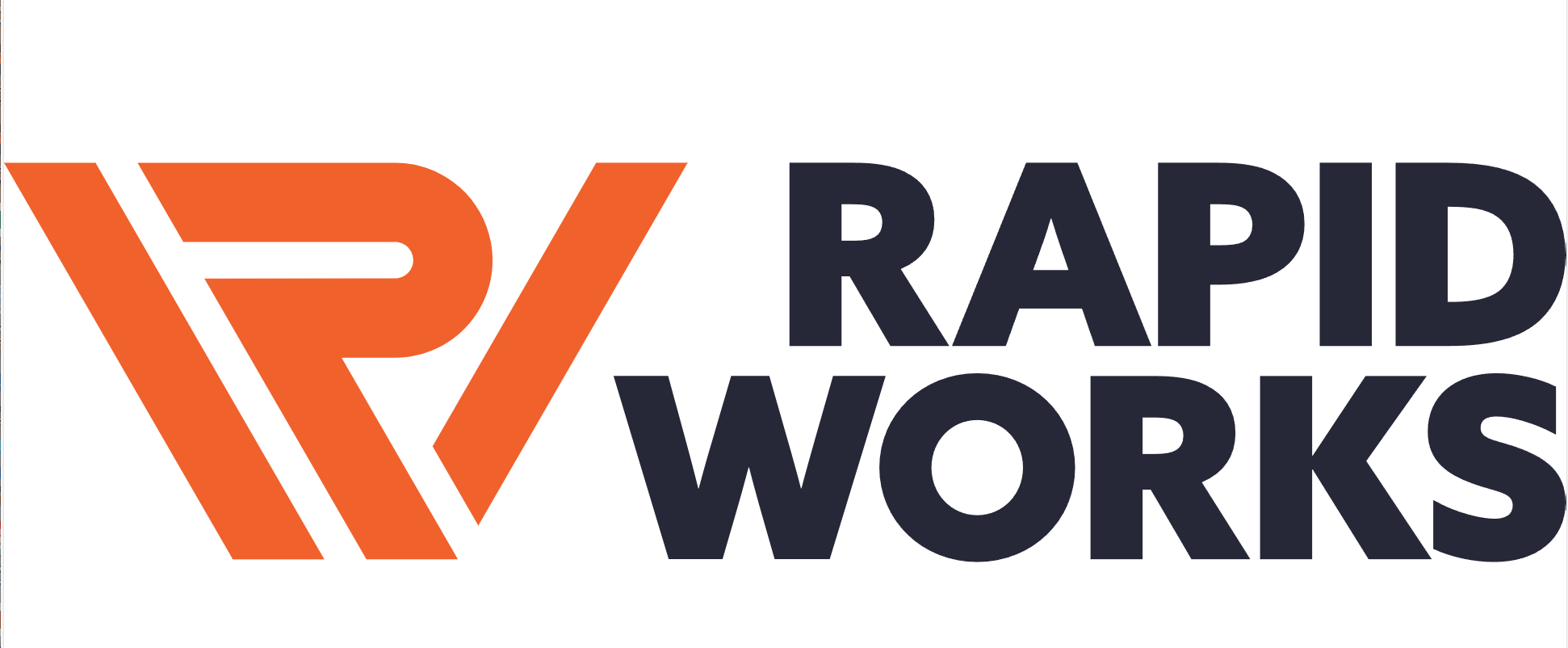Oiler
Just as the operator works for the customer, the oiler works for the pump.
An oiler on a concrete pump is in a cooperative but subservient position to the operator. A rookie oiler will rely on direction from the operator as to his duty and responsibility. As he gets more in tune with the position he will not be as reliant on the operator for direction. He will at that time begin to really earn his keep.
Since the basic care and feeding of the pump is the responsibility of the oiler he should always be early, or at worst on time. Tire check, fluid levels, special gear for the assigned day’s work all are duties of an oiler. This does not relieve the operator of the responsibility. It adds another level of professionalism to the job at hand. The relationship is much like pilot and co-pilot of an aircraft. The pilot maintains course, speed and trim while the co-pilot watches systems and other traffic in the flight path. An oiler may or may not be able to drive the pump.
Upon arrival at the work site and notification of the preferred set-up area the team aspect of a good operator – oiler relationship becomes evident. A seasoned oiler will be familiar with the set-up requirements of the assigned machine and will begin to off load sufficient dunnage and pads for the safe and secure set up of the pump. Many operators prefer to place the dunnage on the area readied by the oiler. After a satisfactory set-up is achieved and tested the operator will many times have the oiler deploy the boom. This is done under close supervision of the operator. The operator is at all times responsible for the safety and security of the pump. As a level of competence is achieved the oiler may at times relieve the operator at the remote for bathroom breaks, etc.
During the pumping process the oiler has responsibility to the machine. He is not there to back up trucks unless both the operator and the oiler are stationed at the pump and the operator frees him to do so. The oiler is rather the person that checks the set and level of the outrigger support while pumping. The oiler when not otherwise occupied is responsible for the “fit and finish” of the machine. This includes such things as wiping down the pump, polishing wheels and other bright work, touch up or waxing areas such as outrigger side panels, cabs etc, cab interior cleaning, proper organization and inventory of supplies and other gear and keeping all unauthorized personnel away from and off of machine.
NOTE: On jobs where there is a hazard such as power lines the duty of the oiler is to function as a spotter. This job may not be interrupted for any other purpose while machine is operating in relative close proximity to power lines or other hazard. If for any reason the oiler is called away from that duty the operation of the machine must stop or relocate away from hazard area. It is the joint responsibility of the operator and the oiler to see that this is carried out.
It is the responsibility of the oiler to insure that the pump is supplied with fuel to the ‘feed tank’ at all time. He is also responsible for the monitoring of fluid levels and temperatures of the various systems on the machine. The overall appearance, stability and system viability of the machine is the responsibility of the oiler while the operator is running the pour. A well trained, self motivated oiler is a giant asset to the team. An oiler that is asleep in the cab is a waste of time, effort, money and oxygen. He is sure to quickly be given the opportunity to spend the rest of his life somewhere else.
Teardown and clean up duties are at the discretion of the operator and are typically shared.
With the price of newer and larger boom pumps bumping against the $2,000,000.00 mark, isn’t it worth the effort to protect that investment? The actual cost of the oiler needs to be borne by the contractor renting the equipment. He will be well worth the cost. A professional oiler adds to the safety of the job. When the oiler spots an oil leak before it causes a break down or ruins a hydraulic pump he has earned his keep. With the high cost of insurance, equipment and back charges; isn’t it worth it to know that there is someone whose responsibility it is to watch out for your capital investment?

_1.png)









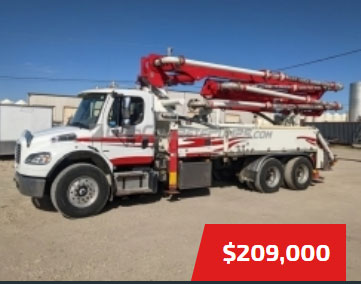

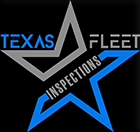


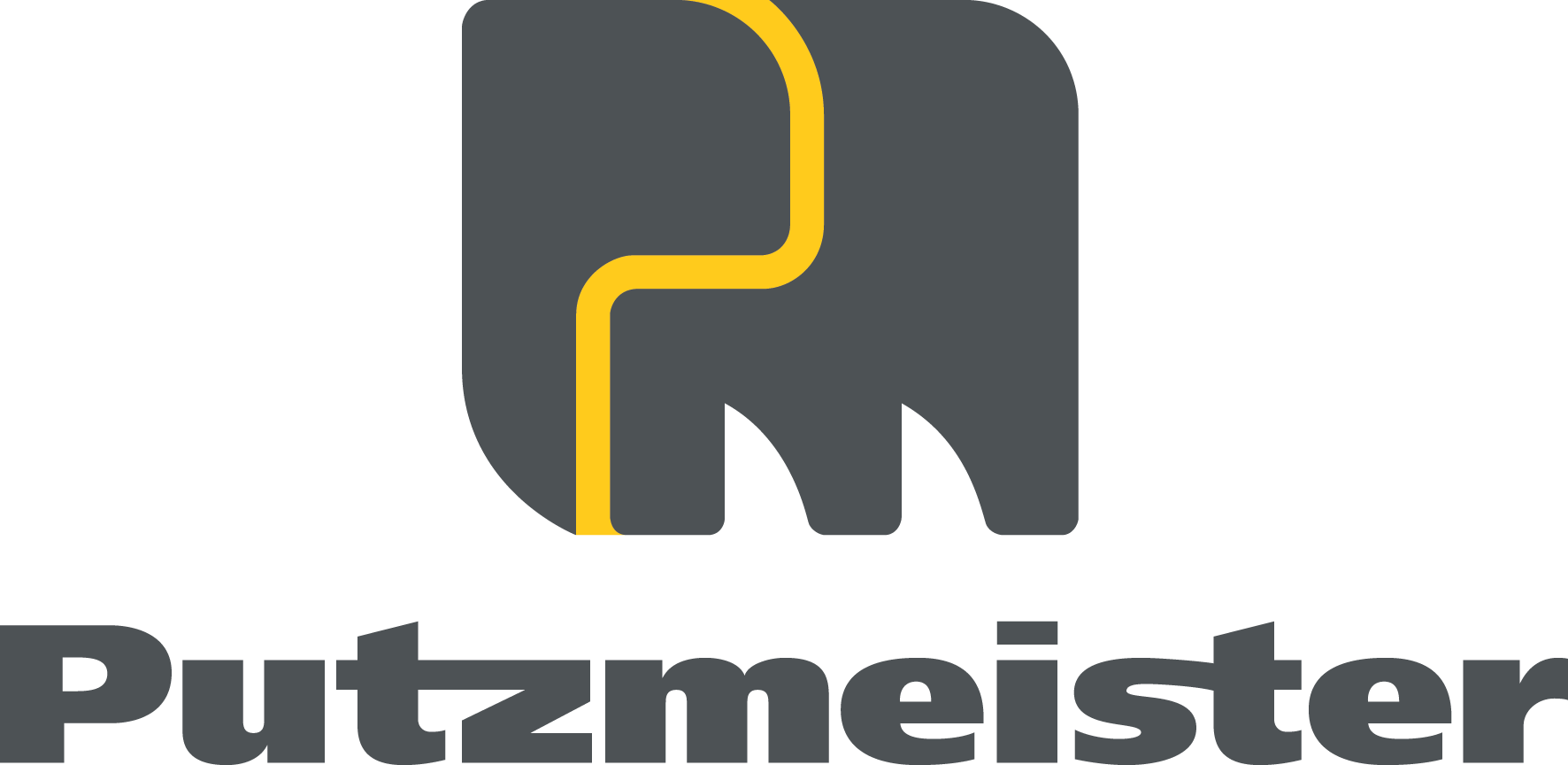



.jpg)
.gif)

.jpg)









.jpg)
